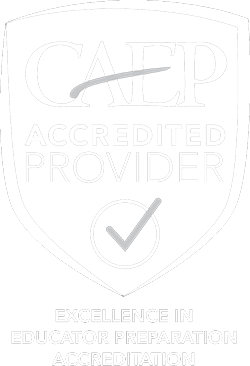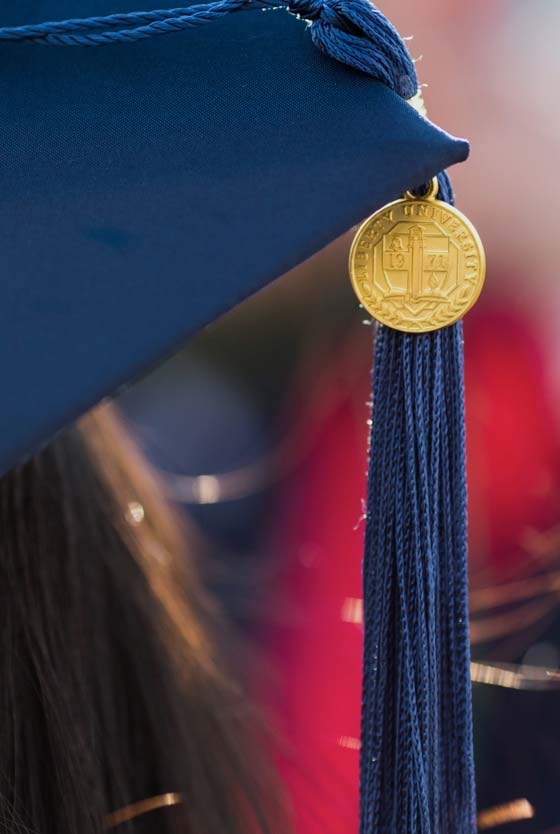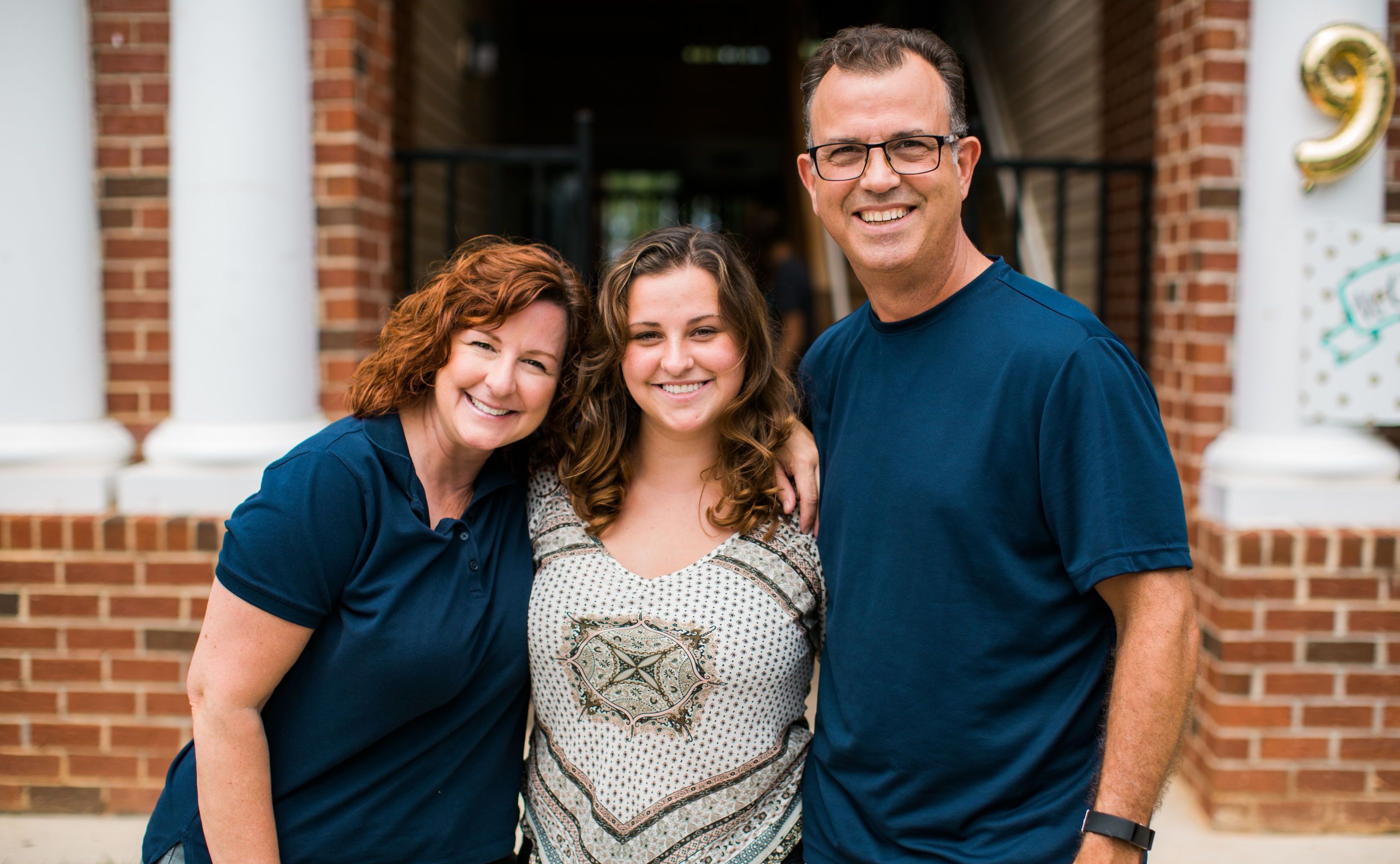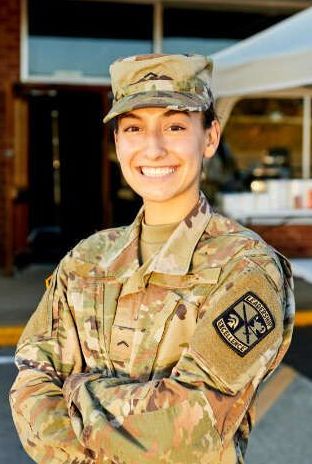Bachelor of Education (B.Ed.) in Special Education
Prepare to Effectively Teach Your Students with Liberty’s B.Ed. in Special Education
Pursuing a career in special education is a calling. Maybe someone in your life has a learning disability, or you feel drawn to helping people who struggle socially and academically. Whatever has led you to consider a career in this specialized field, our Bachelor of Education (B.Ed.) in Special Education will allow you to work with students who have disabilities to improve their quality of life in academic settings.
Our B.Ed. in Special Education is a teacher licensure degree that will equip you for licensure in special education with a focus in general curriculum. Our program is designed to meet Virginia state licensure requirements, so you can teach students immediately upon graduation.
Pursue Your Degree with Confidence
- Liberty University’s School of Education meets rigorous national standards for educator preparation set by the Council for the Accreditation of Educator Preparation (CAEP).
- You will complete 90 practicum hours and at least 1 full semester of student teaching prior to graduation.
- All of our faculty who oversee licensure courses have K-12 experience and a current teaching license.
What Will You Study?
- Current methods and tools used in special education environments
- Foundational subjects like math, history, English, and science
- How to manage the varying severity seen in a class of children with disabilities
- How to work with families to help students have a smooth educational experience
- The diversity of students with disabilities
This program has been approved by the Virginia Department of Education. Licensure requirements may vary by state. Please research your state’s licensure or reciprocity requirements here: https://www.liberty.edu/statelicensure/.
Potential Career Opportunities for B.Ed. in Special Education Graduates
- Early childhood special education teacher
- Early intervention specialist
- Special education advocate, program specialist, or teacher
Practical Learning Available to B.Ed. in Special Education Students
- You will have the opportunity to complete your student teaching in the Washington D.C. public school system through our Washington Fellowship program.
- Our Educational Technology Lab will provide you with resources, software, and equipment that promotes learning with technology.
- You’ll have the chance to get real-life experience for your future career through 90 practicum hours and at least 1 full semester of student teaching.
- Pursuing our Bachelor of Education licensure tracks may make you eligible for the Federal TEACH Grant.
Admission Requirements for Our Undergraduate Degree Programs
Every application is reviewed by the admission committee on a case-by-case basis, meaning there are no set minimums for acceptance. However, all applicants must submit the following documents* for admission:
- Admission application
- Official high school transcripts
- Official college transcripts (if applicable)
- Results from the CLT, SAT, or ACT are not required for admission, but may be used in consideration for merit-based aid.
- Admission essay
*Note that additional documentation may be requested by the admission committee after your application has been received.
Tuition rates may change annually. For the most current information, please visit our LU Tuition Cost page.
Credit Hours
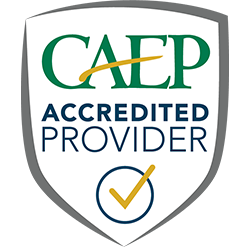
Available On Campus
Class Type
Residential
Transfer Credits
Transfer in up to 75% of the degree total
Next Start Date
Jan 19, 2026
Accreditation
CAEP

